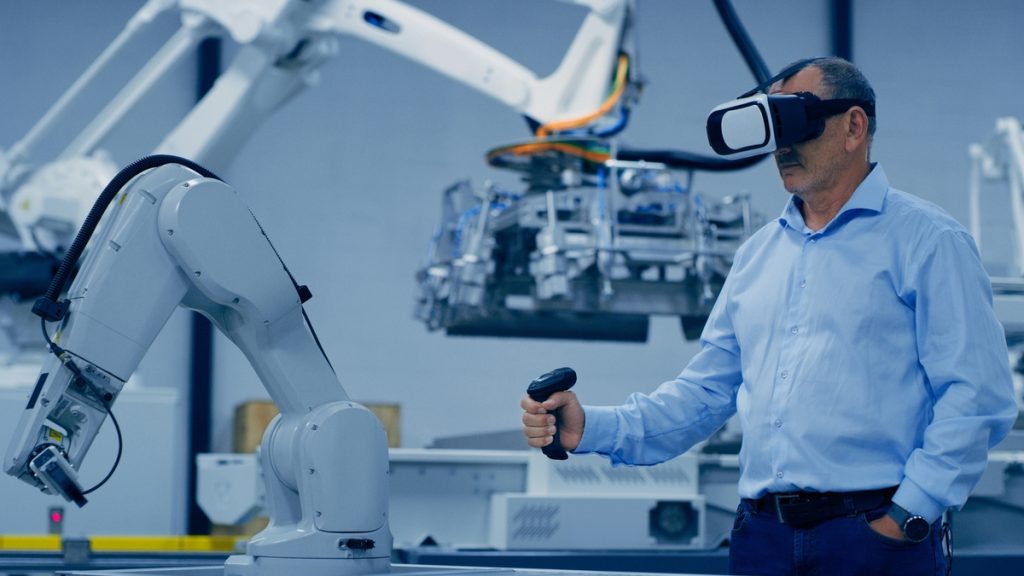
A Promising Fusion – AI and Mixed Reality in Business Technology
In the continuously evolving world of business technology, the amalgamation of artificial intelligence (AI) and mixed reality (MR) emerges as a game-changer. MR blends digital and physical worlds, providing a live view of the physical surroundings, augmented by computer-generated sensory input such as visuals, sound, and even smell and touch. Injecting AI into this interactive mr environment can further enhance the user experience, opening up a plethora of profitable opportunities for businesses across industries.
Revolutionizing Customer Experiences
In the retail sector, an AI-infused MR application is transforming customer experiences to a new level beyond traditional boundaries. AI algorithms analyze customer behaviors and preferences in real-time, tailoring product recommendations to create a personalized shopping experience within the MR ecosystem. This level of customization strengthens brand loyalty and customer engagement, leading to an increase in sales and revenue.
Changing the Training and Simulation Landscape
AI and MR together have innovated the ways training and simulation are conducted across multiple industries, including healthcare and aviation. By creating realistic, immersive simulations that adapt in real-time to the trainee’s responses and actions, it provides a safe learning environment, fostering skill acquisition and retention. AI-driven feedback allows for enhanced evaluation and guidance, accelerating the learning curve.
Improving Remote Collaboration
With more teams operating remotely, effective collaboration tools are becoming indispensable. AI-powered MR platforms provide immersive environments where team members can collaborate efficiently despite geographical boundaries. Features like natural language processing, gesture recognition, and emotion recognition technologies, within the constraints of data protection regulations, enable improved interaction and improved understanding of team dynamics, fostering creativity and teamwork.
Maximizing Operational Efficiency and Predictive Maintenance
The convergence of AI and MR significantly contributes to enhanced operational efficiency in industries like manufacturing and energy that deal with complex machinery. It delivers real-time production data overlaid onto physical machines, resulting in improved performance monitoring and instant detection of potential efficiency or safety issues. AI-powered MR applications can also predict potential equipment failures by analyzing sensor data, thereby optimizing asset performance and reducing maintenance costs.
Privacy and Other Challenges
As exciting as the prospects of AI-enhanced MR applications are, the challenges like ensuring privacy, data security, interoperability, and seamless integration with existing systems must be meticulously addressed. Operating AI would entail transparency, meaning individuals must be aware of AI’s involvement in decision-making processes. They should possess agency, enabling them to override AI elements if required. Finally, accountability for AI-generated decisions must be traceable back to a human.
The Future of AI and Mixed Reality
Utilizing AI algorithms’ power unlocks new avenues for innovation, efficiency, and competitiveness across sectors, reforming businesses’ approach to digital technologies. As AI continues to evolve, so will its impact on mixed reality applications, shaping the digital era’s business landscape.
